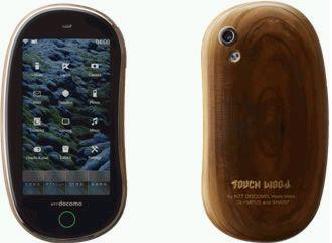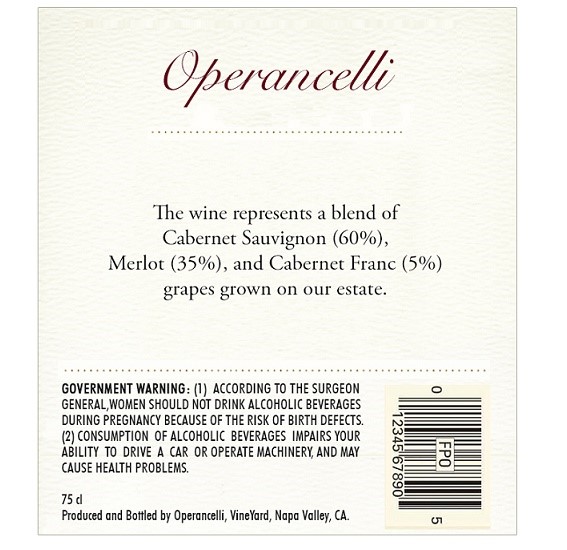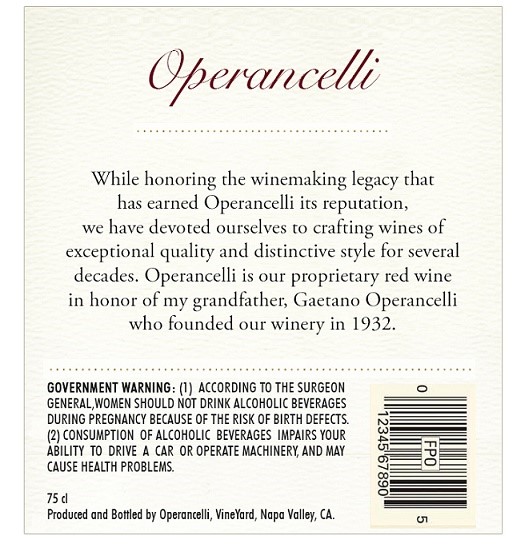At first, I was not attracted by the Touch Wood phone made by NTT DoCoMo. However, an advertisement introduced by the Core 77 website changed my perspective. In the advertisement, a wooden ball plays Cantata 147 as it rolls down the wooden xylophone in the forest. Interestingly, I became more engaged with the phone after watching the “making film” or the video about how the advertisement was shoot (http://answer.nttdocomo.co.jp/touchwood/?banner=dcm3#making).

Like me, people may like a brand more strongly when they happen to know the story behind the brand. Here, the story behind the brand could be about how an advertisement was shoot like NTT DoCoMo. Alternatively, it could be about how the product was manufactured like Apple Watch Gold.
Or, the story behind the brand could even be the information about the person who started a winery and raised grapes. One study showed that people are confident and more likely to buy a wine when they read the name of the wine maker on its back label.
I believe a story behind the brand could be anything like a simple marketing process. When consumers are exposed to this kind of story about a brand, they will like the brand more, in particular, when its quality is difficult to be judged (e.g., wine, painting, quilt, cheese).
***
Reference
Choi, B., & Joo, J. (2021). Authentic information on the back label of wine bottle. Asia Marketing Journal, 23(3), 13–26.
This paper investigates whether including authentic information on the back labels of wine bottles enhances consumers’ confidence and purchase intentions about wine; it also assesses the moderating role of involvement and knowledge about wine. We conducted two experimental studies. Study 1 generated three findings. First, when the back label had authentic information, subjects showed higher confidence levels. Second, this effect was hold for subjects with low levels of involvement. Finally, we did not observe this effect for subjects with high levels of involvement. Study 2 extended study 1’s findings and identified the moderated mediation effect of confidence. The findings highlight the important impact on wine choice of authentic information. However, the findings also suggest that authentic information may not be sufficient to attract people with high levels of involvement and knowledge. This study’s findings provide wine producers with practical marketing insights.


